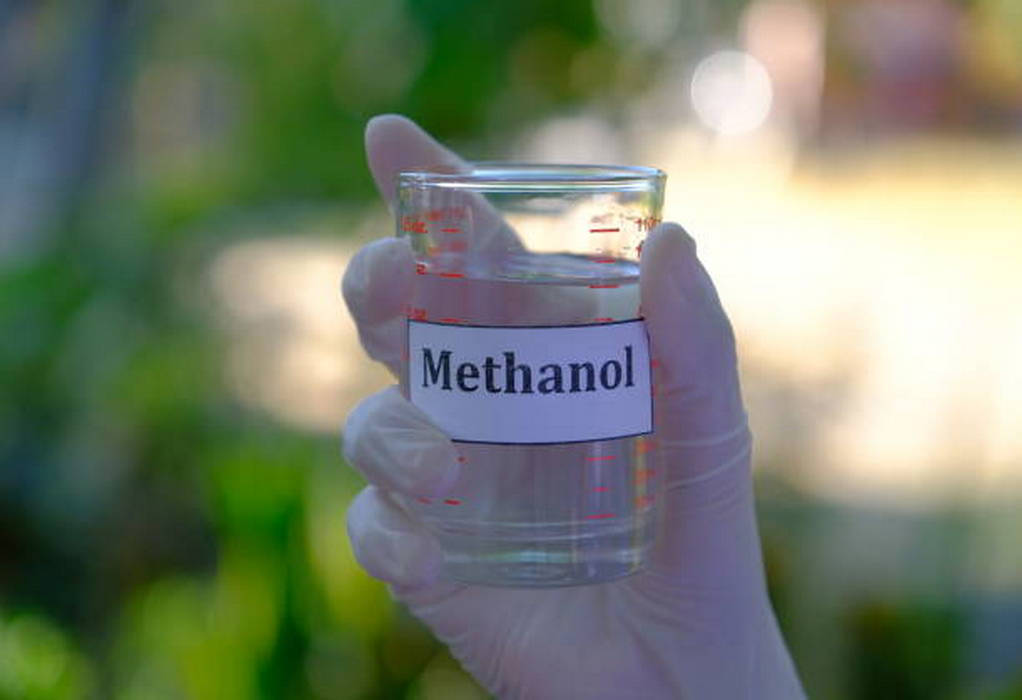Esvagt and Ørsted have sealed a deal for a second methanol-powered service operation vessel (SOV).
Esvagt is already building a 93-m-long SOV in Turkey, set to enter service by the end of 2024 at the world’s largest offshore wind farm, Hornsea 2, off the UK’s east coast.
The second unit will be a sister vessel and ready for launch in 2026 to operate out of Ørsted’s UK East Coast Hub on a 10-year contract.
Both newbuilds will be powered by dual-fuel engines capable of sailing on renewable e-methanol produced at Ørsted’s facility in Sweden. Estimated yearly carbon emission reductions are around 4,500 tonnes per ship.
Ørsted has set a target to become carbon-neutral in its energy generation and own operations by 2025, and the additional green fuel SOV is expected to build on that, as the utility works towards its science-based target of reaching net-zero emissions across the full value chain by 2040.
Tags: Esvagt, Methanol, Orsted, Vessels



Recent Posts
PT Bahtera Bahari Shipyardbrings Indonesia’s first allelectric CBG 500 E to life
Wärtsilä’s Latest Testing Confirms 90% GHG Reduction with Ammonia-Fuelled 4-Stroke Engine
SAAM Towage Showcases Electric Tugboat Success at Tug Technology 2025
KOTUG to Supply Lithuania’s First Zero-Emission Electric Pusher Tug
Damen Launches New Hybrid-Electric Ferry for BC Ferries Fleet Expansion
Smart Shipping Gets a Boost with Ascenz Marorka–Emerson Collaboration
Wood to Oversee Project Management for UAE’s First Methanol Facility
IMO’s Fuel Transition Plan Marks Turning Point, but Industry Needs Incentives to Scale Zero-Emission Fuels